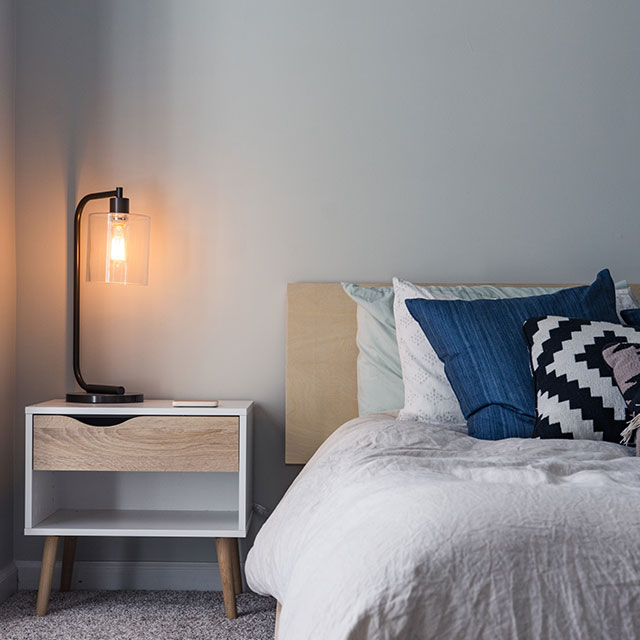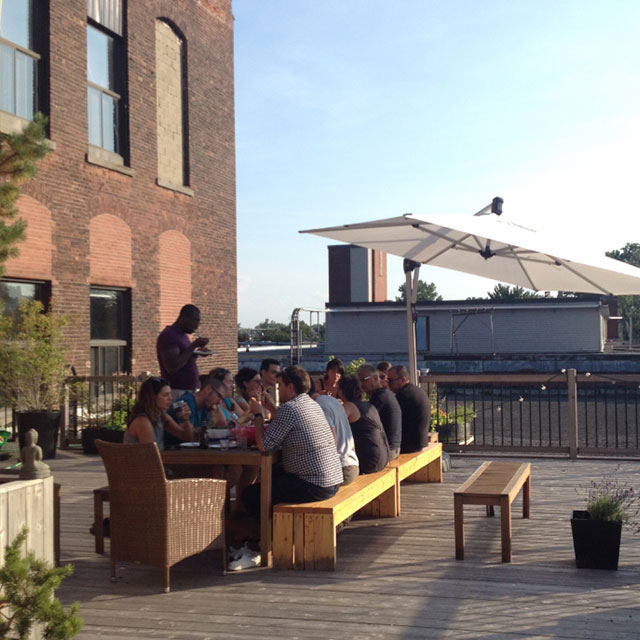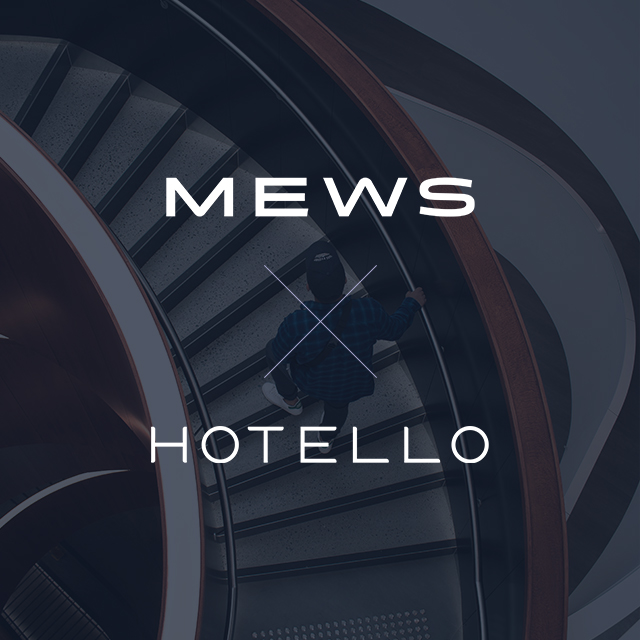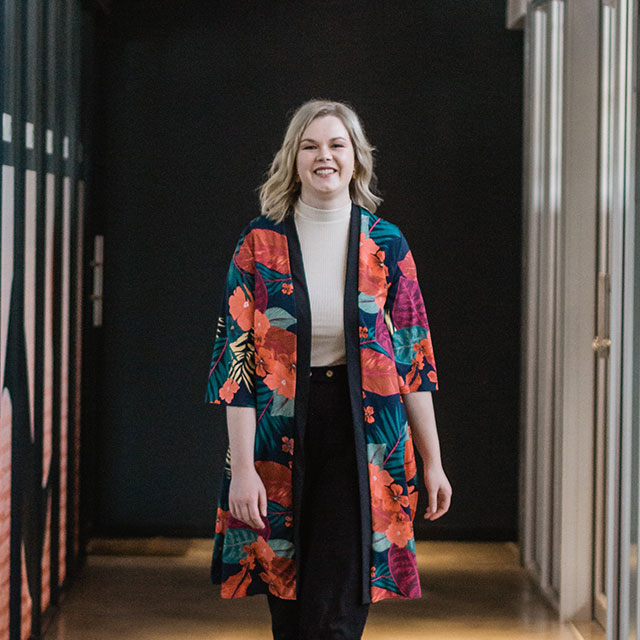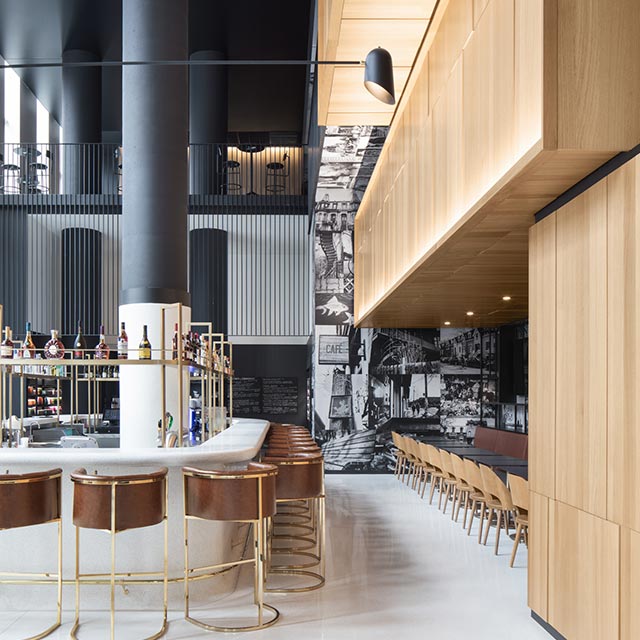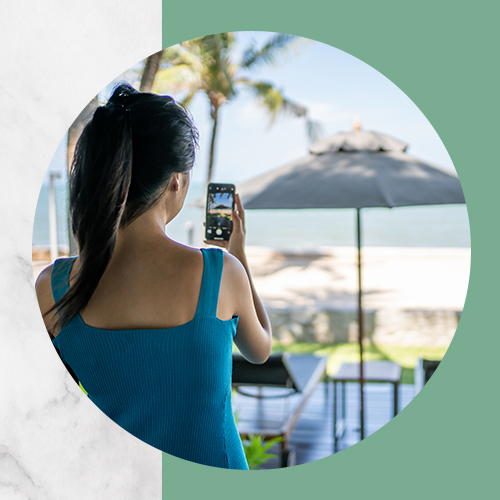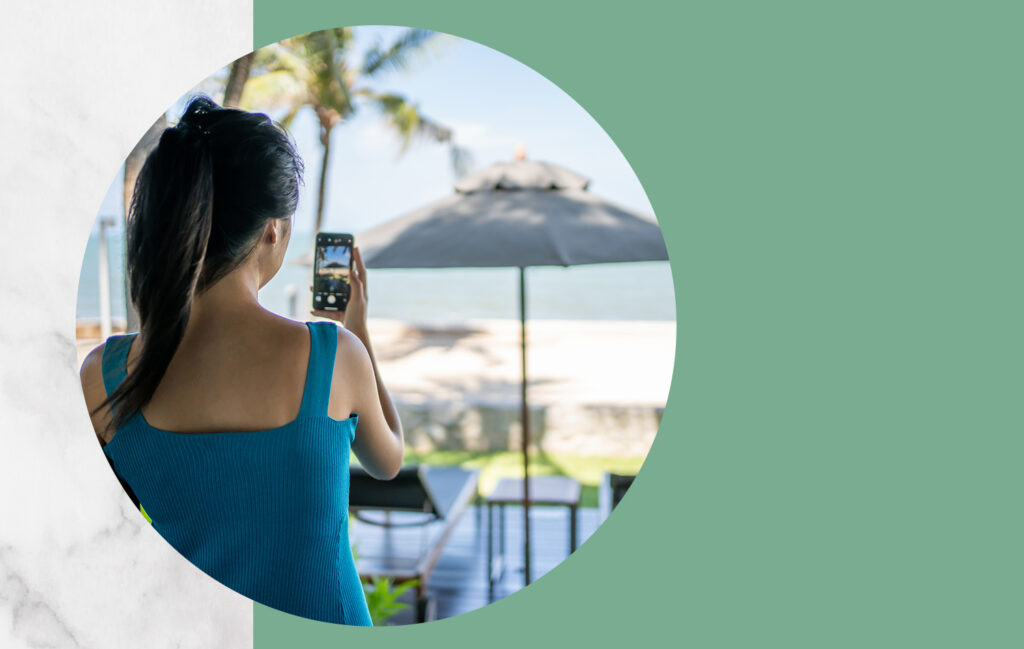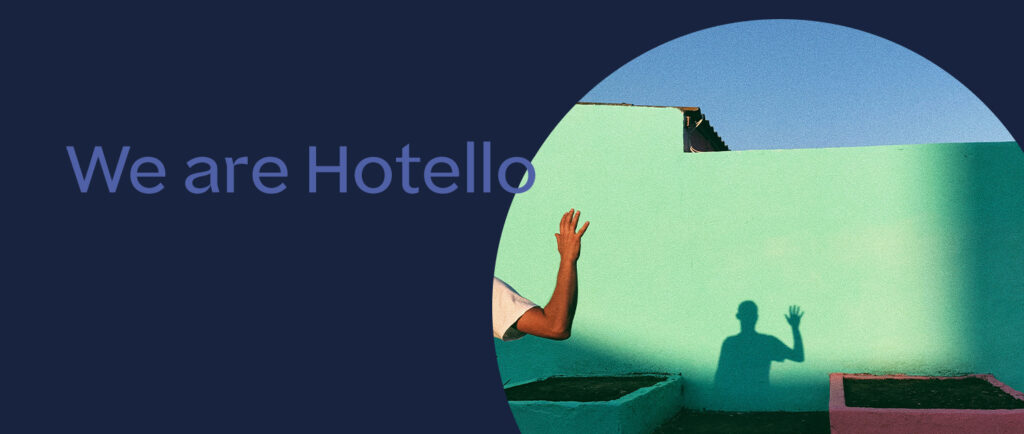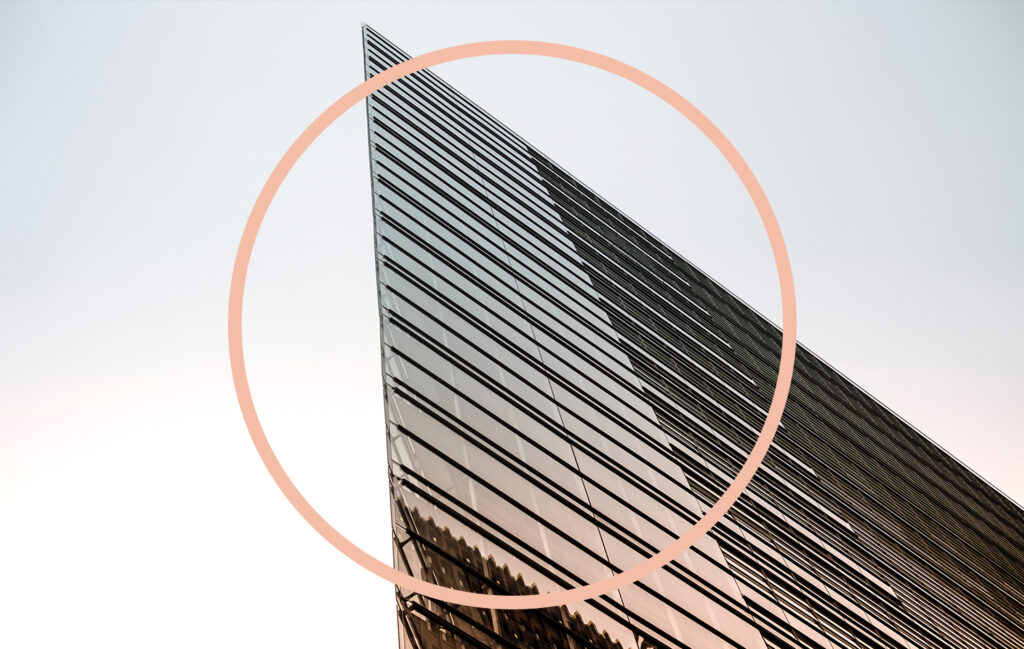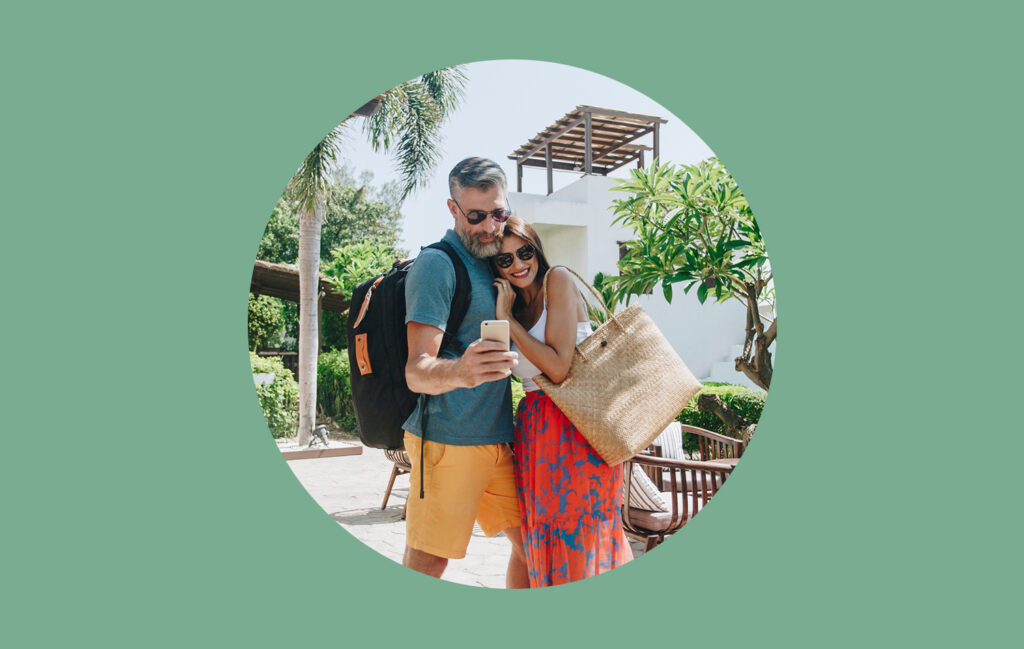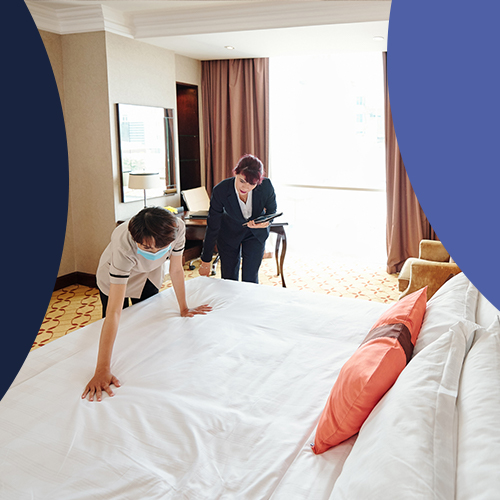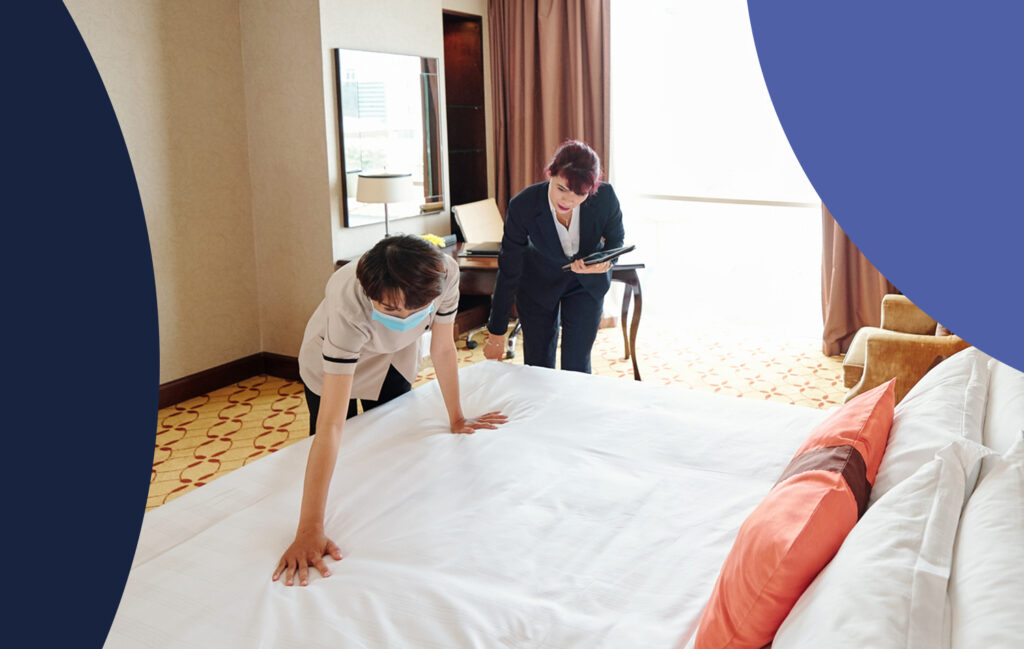
The booking confirmation email
The booking confirmation is the first communication your client will receive. In addition to reassuring the guest that the booking has been made, it allows them to check all of their stay’s details. The booking confirmation should therefore contain information such as: dates of stay, room rates and/or package chosen, number of people, type of room as well as all policies regarding the cancellation or modification of the reservation. The guest can refer to this email whenever they want to verify any information. Given this is the only information the customer can refer to while waiting for their stay, this email could also contain information regarding arrival times and check-in procedures (if your hotel has them). It can includes self-service kiosk check-in, or any other method allowing the customer to check-in more easily. The first communication highlights the services available in your hotel. Even though the customer has chosen to stay in your hotel, they may not be aware of all the different possibilities offered on site and thus the booking confirmation allows them to explore these and plan their future stay even further.
The booking reminder email
The booking reminder email is a communication sent to the guest a few weeks, days or hours before their stay. This communication will remind the guest that their stay is coming up and will also remind them of the cancellation policy. Indeed, the earlier the customer cancels, the easier it will be for you to re-let the room. This communication can also be used to give them information which will simplify their arrival, such as online check-in, pre-check-in, quick check-in lines at your front desk or any other services which could prevent them from waiting. With this email, you will be able to help your client plan their stay by sending them links or information necessary to book additional services offered at your hotel. For example, you
can include the restaurant menu, the spa treatments, the seasonal activities currently being offered, as well as any links for online reservations or procedures to make a reservation. Moreover, this email could contain the local attractions that you wish to promote and, if applicable, the necessary information to make reservations. Finally, since the customer is preparing for their trip, this communication should contain a link allowing them to program their GPS via their cell phone. You can also share useful information on how to get to your hotel and suggest a list of items your clients should bring such as a swimsuit and sandals if you have a pool.
The thank you email
The thank you email is sent after the customer’s stay. It essentially includes a few words to thank the customer for choosing your hotel. It can also contain several important elements that will allow you to receive feedback but also build customer loyalty. The thank you email could include a satisfaction survey which, if connected to online review platforms, can allow you to act on your e-reputation. In any case, a satisfaction survey will allow your customers to give positive feedback but also to share any negative experiences. If the feedback you send following their negative comment is adequate, it may prevent them from writing their comments directly on online review platforms. It’s also an opportunity to build customer loyalty, by offering them an offer for a future stay or promoting future opportunities to stay in your hotel.
The invoice
In addition to being environmentally friendly, sending the invoice by email will simplify your front desk’s operations since you will no longer have to print clients’ invoices and wait for the printer to deliver the document. Therefore, you should encourage receptionists to send the invoice by email and make this communication as pleasant as possible so that the guest remembers that receiving an invoice from your hotel is an experience in itself. Don’t forget to include a thank you note and a way to contact you may they have any questions.
The cancellation confirmation email
This communication might seem unnecessary and yet it remains an essential communication since a customer who cancels their stay should be perceived as a missed opportunity which may come up again soon. Therefore, it is important to emphasize to your client your disappointment of not being able to receive them but also to include all possible means to contact you in order to resume a reservation. This can be a phone number, the link to your online reservations or your front desk’s email.
Your Property Management Software can also send other communications such as a rental contract, a notice of a deposit charge, etc. Each communication should be personalized, polished and carefully thought out so that the guest perceives the quality of your hotel together with the support and help that you offer them to make their stay unforgettable.
 Log in
Log in
